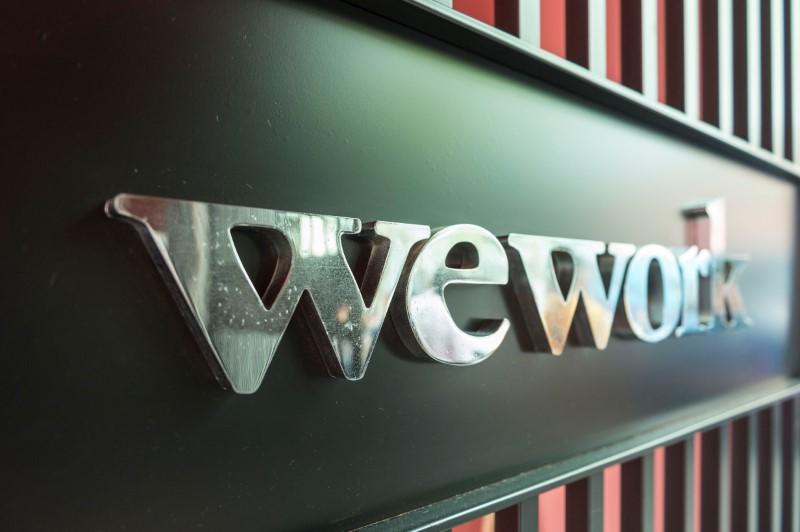Jair Bolsonaro will start his presidency Jan. 1 with three-quarters of Brazilians believing he is on the right track. Now the hard part begins.
Two months since riding to victory in a deeply polarizing election campaign, the former paratrooper has assembled a slimmed-down cabinet of economic liberals and social conservatives. These picks, along with his decision to sidestep the traditional wheeling and dealing with party bosses, appear to resonate with much of the electorate.




